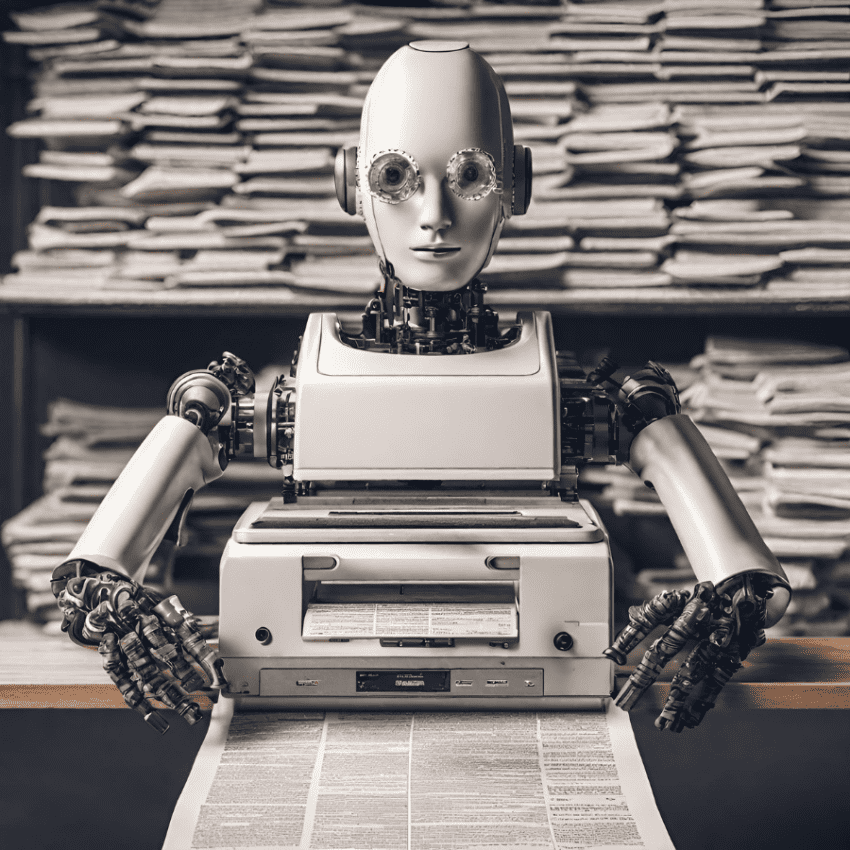I’m quite soaked from all of these deep dives into AI, coming up for air too fast, I might have a bit of the bends. But gaining my bearings, I’ve noticed a fascinating trend amongst the key players. They corner the market, begin to charge, experience rapid growth, then consolidate into progressively larger corporations like Google, Amazon, and Microsoft.
Part of this is the hardware required to run these models is expensive to create and run. There aren’t many companies that have access to the number of GPUs needed for ChatGPT to run the millions of daily queries so when people want to train a model, they are a bit stuck between a rock and hard place.
With only a handful of companies able to provide this compute, that means that the power behind AI will likely consolidate into the ten most powerful tech companies. And just when we thought we had a handle on things, they’re being sold off to the likes of Google and Microsoft, and even handed over to the Pentagon. It’s a brave new world, and we’re all just trying to keep our heads above water while navigating this AI-infused reality.
Both the New York Times and the Washington Post are taking legal action against OpenAI and Microsoft. The New York Times filed a lawsuit against both companies for copyright infringement, claiming that they used the newspaper’s content to train their AI models without permission or compensation.
Users were able to replicate word for word entire paywalled NY Times articles with fairly simple prompts. The Washington Post, on the other hand, is suing only Microsoft, alleging that the company used its content to train its Bing AI chatbot.
Both lawsuits seek billions of dollars in damages.
Japan’s stance on AI training and copyright law contrasts with the ongoing Microsoft, OpenAI, and NY Times lawsuit in the US. While Japan allows AI models to be trained on copyrighted materials, the US lawsuit focuses on alleged copyright infringement by Microsoft and OpenAI. This difference highlights the global debate on AI development and intellectual property rights.
While there is no lawsuit against MidJourney yet, this AI company could also potentially face similar allegations. AI art generators like MidJourney create images based on text prompts, and the training data for these systems often includes copyrighted images scraped from the internet, sometimes generating pixel-perfect replications of Marvel or DC materials. This raises concerns about potential copyright infringement, as the AI systems may reproduce elements of copyrighted works without permission, an interesting outcome given how little either franchise compensated the original artists for their work.
With the questionable morality of the Open AI and Microsoft founders, it seems like they’re trying to give the ‘evil genius’ trope a run for its money. And let’s not forget about the tax fraud allegations – it’s like they’re trying to make ‘corporate villain’ a new job title! It’s a good thing they’re working with the Pentagon, because with all these shenanigans, they might need some military backup.
If we want AI to be ethical, we need to be ethical ourselves. It’s like looking into a mirror and realizing that the reflection is only as good as the person standing in front of it.


